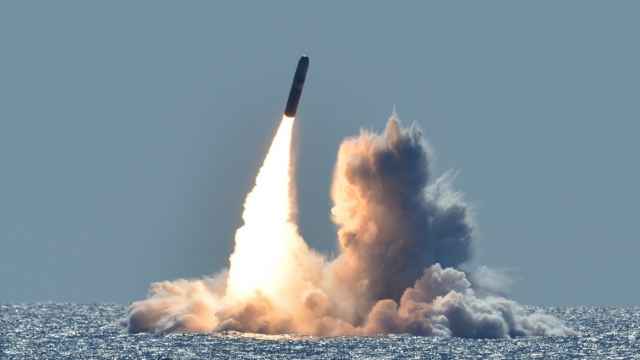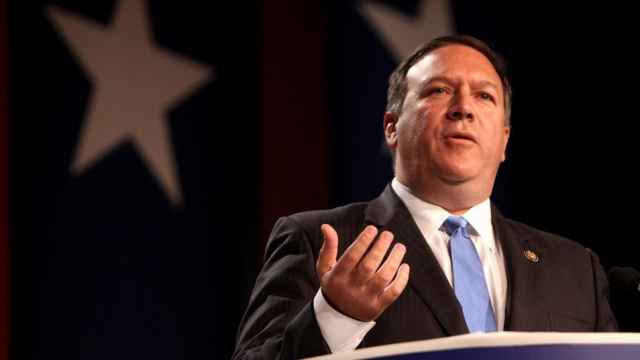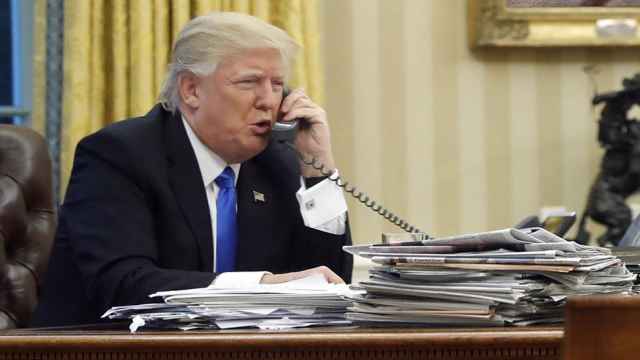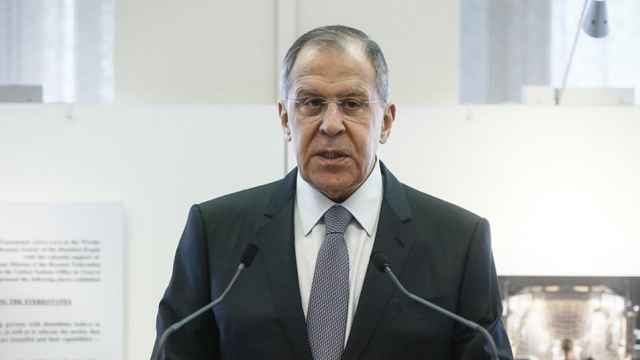Russia’s lower-house State Duma voted Wednesday to fully withdraw from a long-suspended bilateral agreement with the United States on the disposal of weapons-grade plutonium.
Washington and Moscow signed the Plutonium Management and Disposition Agreement (PMDA) in 2000, committing both countries to eliminate 34 metric tons each of weapons-grade plutonium. The material was enough for nearly 17,000 nuclear weapons.
The PMDA officially came into force in 2011 after it was renegotiated a year earlier, but Russia suspended its implementation in 2016 over deteriorating relations with the U.S. The Kremlin demanded sanctions relief and a rollback in NATO expansion to reinstate the deal.
Before Wednesday’s Duma vote, Deputy Foreign Minister Sergei Ryabkov stressed that “none of these conditions can be fulfilled given that the situation has changed radically.”
“The strategic environment has changed fundamentally,” Ryabkov told lawmakers, citing U.S. legislation supporting Ukraine, NATO’s expansion in Eastern Europe and what Moscow claims to be Washington’s departure from the original terms of plutonium disposal.
Russia has accused the U.S. of storing the plutonium in liquid form, which could later be used for military purposes, instead of the original plan to convert plutonium into mixed oxide (MOX) fuel.
After being ratified in three consecutive Duma votes on Wednesday, Russia’s denunciation of PMDA will move for a single vote in the upper-house Federation Council before being signed into law by President Vladimir Putin.
“If they [the U.S.] behave well, we can return to the consideration of this agreement,” said senior Duma member Vyacheslav Nikonov ahead of the vote.
The Federation of American Scientists estimates Russia and the U.S. together still hold roughly 8,000 nuclear warheads, down from the 73,000 deployed in the later years of the Cold War in the 1980s.
A Message from The Moscow Times:
Dear readers,
We are facing unprecedented challenges. Russia's Prosecutor General's Office has designated The Moscow Times as an "undesirable" organization, criminalizing our work and putting our staff at risk of prosecution. This follows our earlier unjust labeling as a "foreign agent."
These actions are direct attempts to silence independent journalism in Russia. The authorities claim our work "discredits the decisions of the Russian leadership." We see things differently: we strive to provide accurate, unbiased reporting on Russia.
We, the journalists of The Moscow Times, refuse to be silenced. But to continue our work, we need your help.
Your support, no matter how small, makes a world of difference. If you can, please support us monthly starting from just $2. It's quick to set up, and every contribution makes a significant impact.
By supporting The Moscow Times, you're defending open, independent journalism in the face of repression. Thank you for standing with us.
Remind me later.






